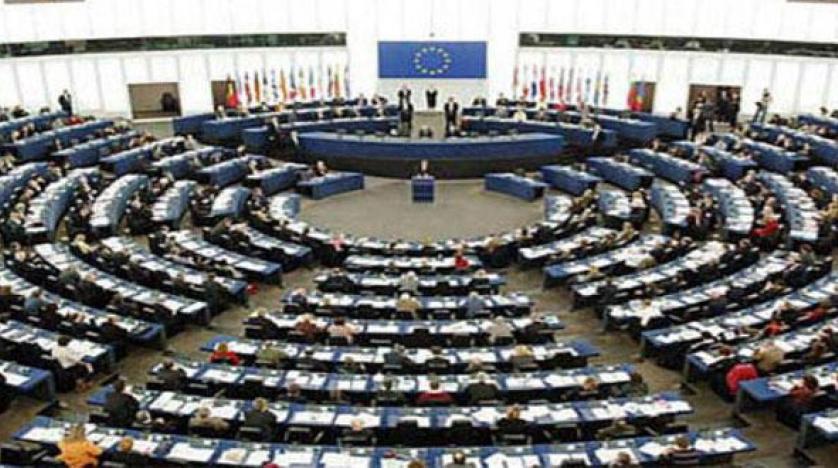
Climate Diplomacy: Council of the EU calls for accelerating the implementation of the Glasgow COP26 outcomes
Font size
The Council today approved conclusions on ‘EU climate diplomacy: accelerating the implementation of Glasgow outcomes’, which stress the key importance of climate diplomacy and of EU outreach to third countries to accelerate the implementation of the COP26 outcomes in 2022. The conclusions set out that the EU and its member states, in a joint Team Europe approach, will engage with partners around the world to address the challenges linked to such implementation, and will actively work on the various COP26 sectoral initiatives and calls.
In its conclusions the Council recognises that the direct and indirect effects of climate change, biodiversity loss and environmental degradation represent risks to the realisation of human rights, human and state security, undermining global peace and stability and often accelerating or deepening existing vulnerabilities and instability. In this light, the Council welcomes the increased focus by the UN on the climate, peace and security nexus, but also reiterates the need for human rights to be integrated systematically into climate action and energy diplomacy.
The Council also stresses that the lack of at-scale finance for resilient and just energy transitions in middle and low-income countries remains a barrier for green and sustainable development. Therefore, the EU will continue to provide a sustainable, green and positive offer to partners for the development of trusted climate resilient energy, transport and digital infrastructure.
At the same time, the EU calls on other developed countries to meet the collective commitment to mobilise $100 billion per year in 2022, and on multilateral development banks and international finance institutions to play a catalytic role in mobilising the private sector and shifting the global financial flows towards sustainable and green investments.














